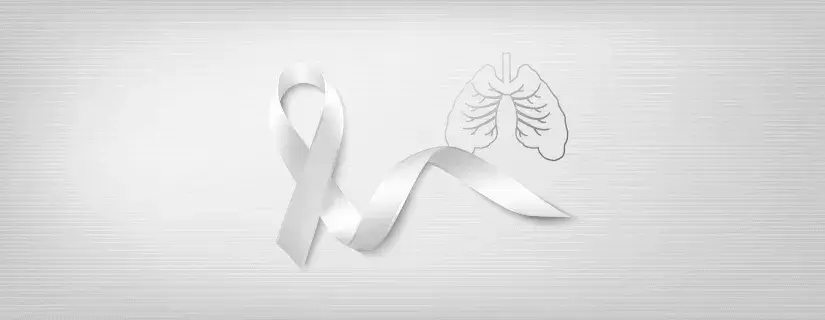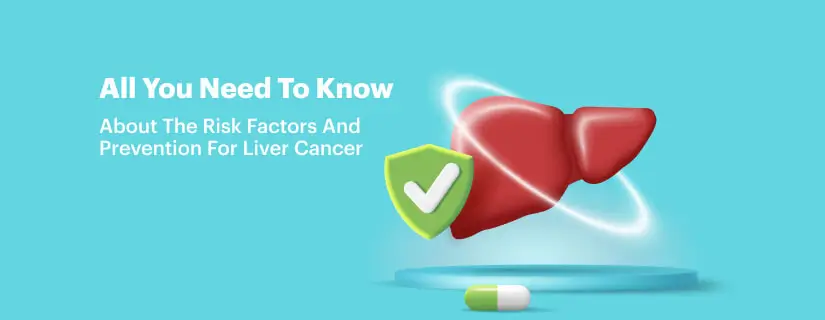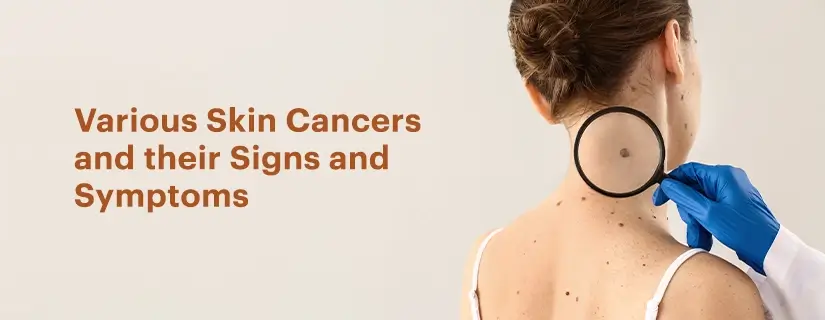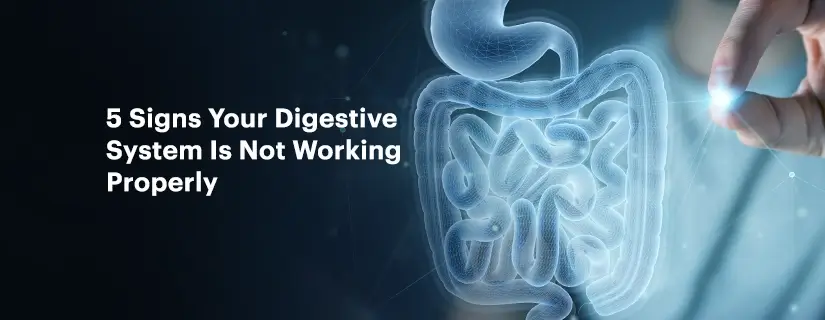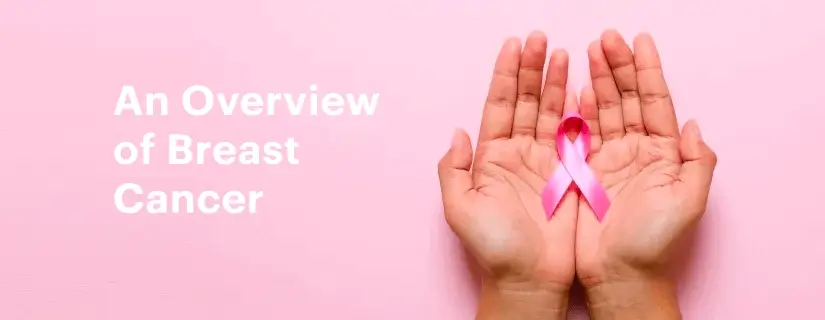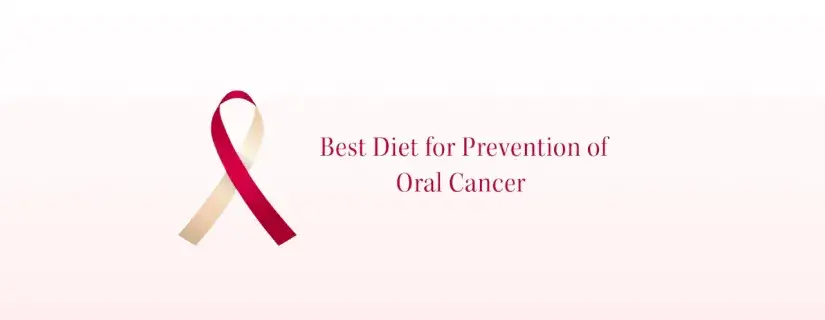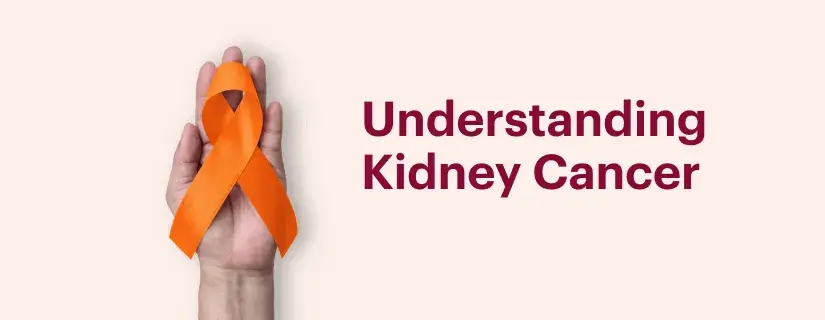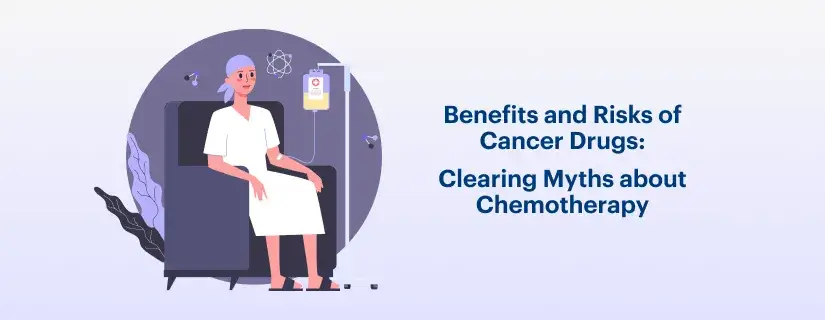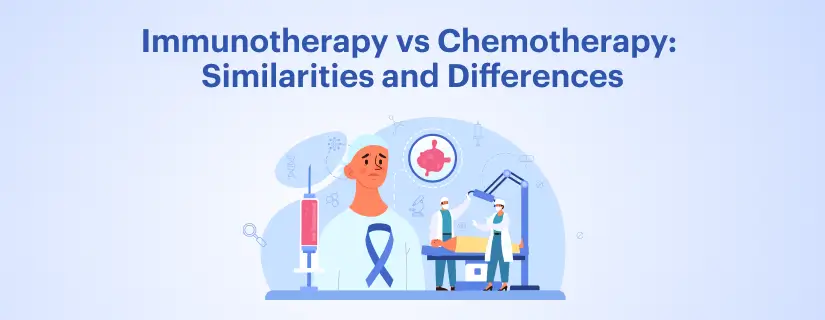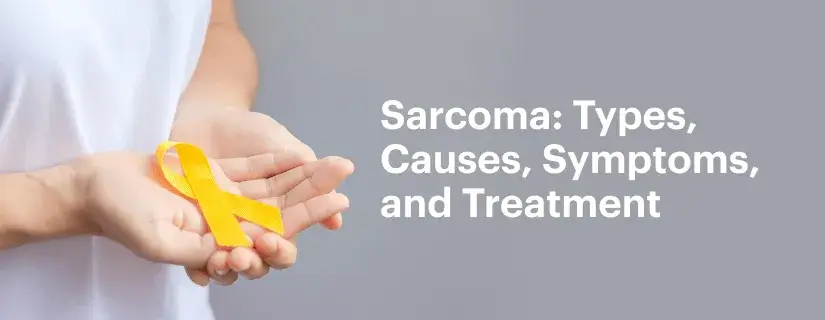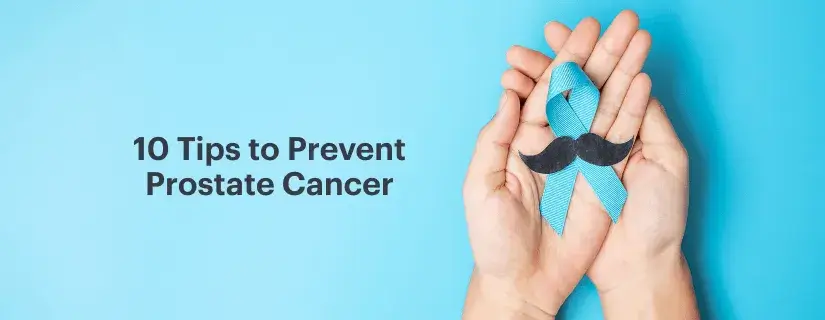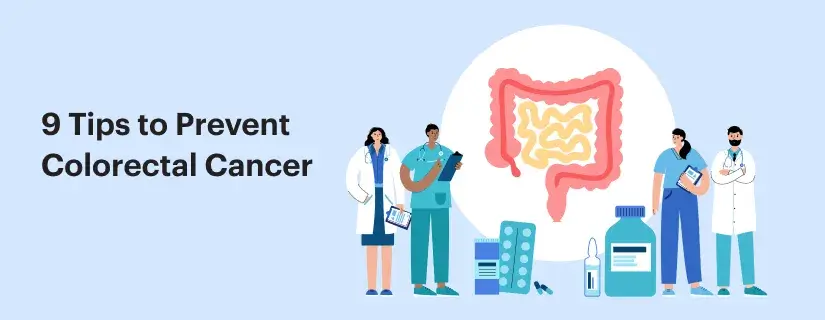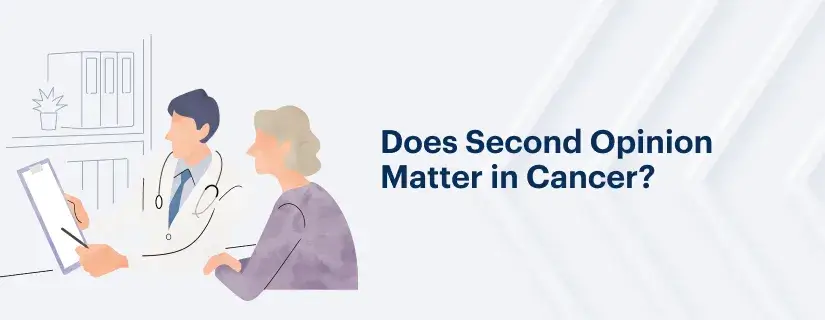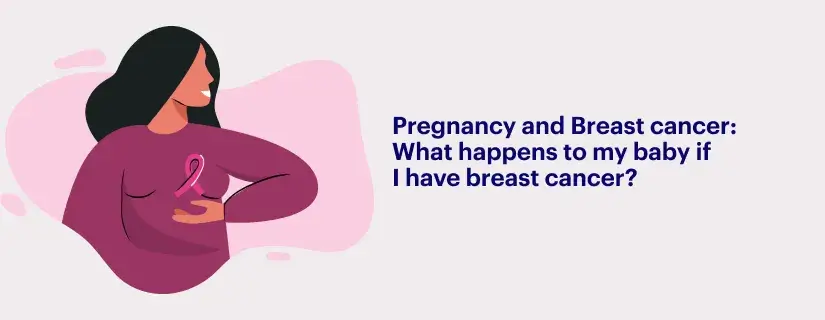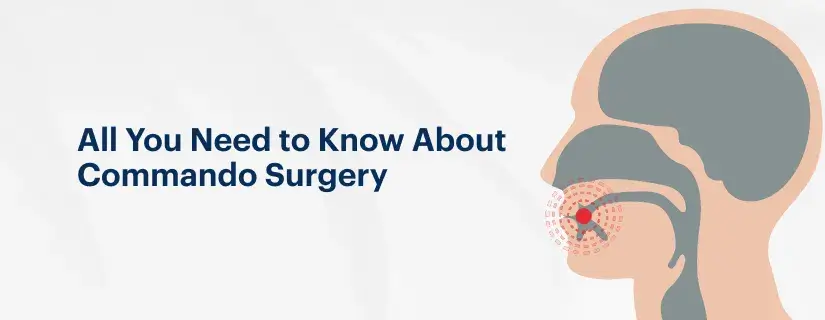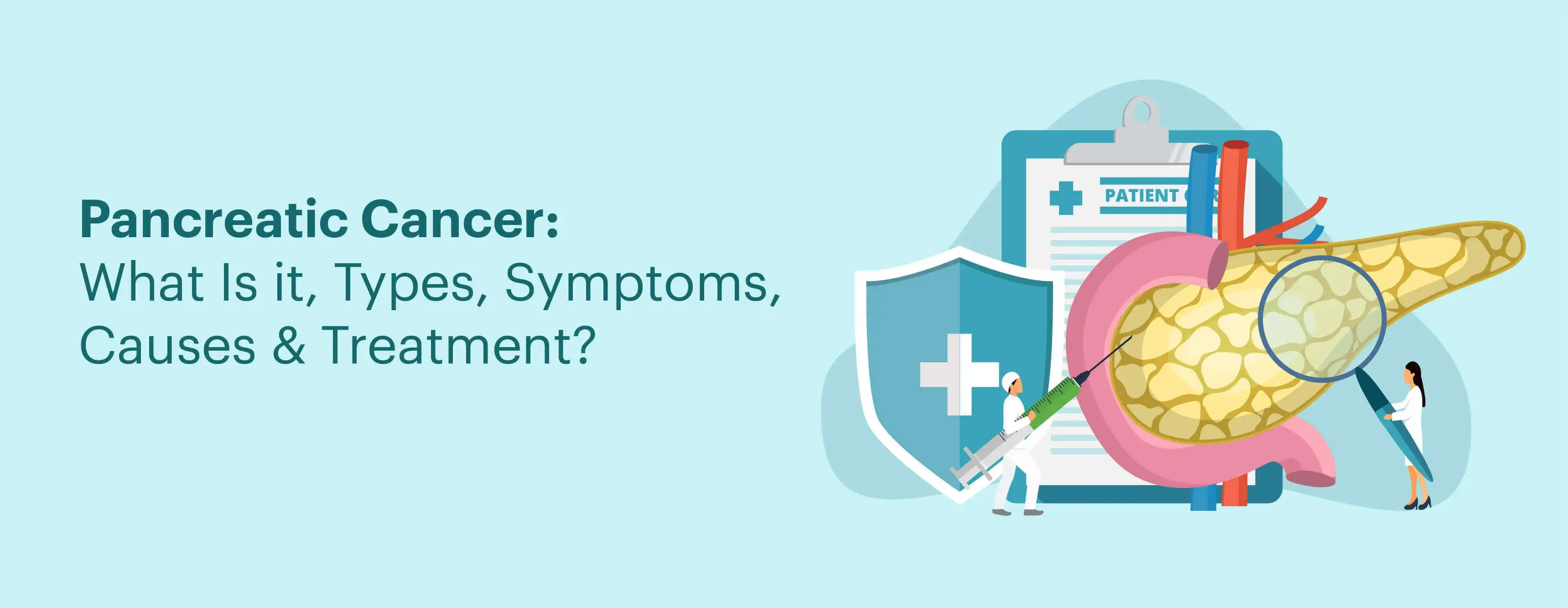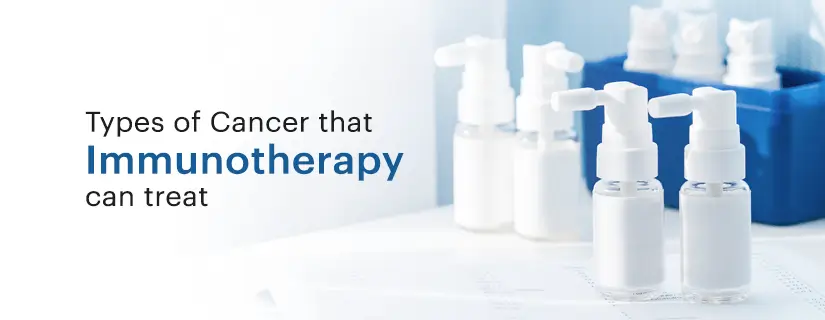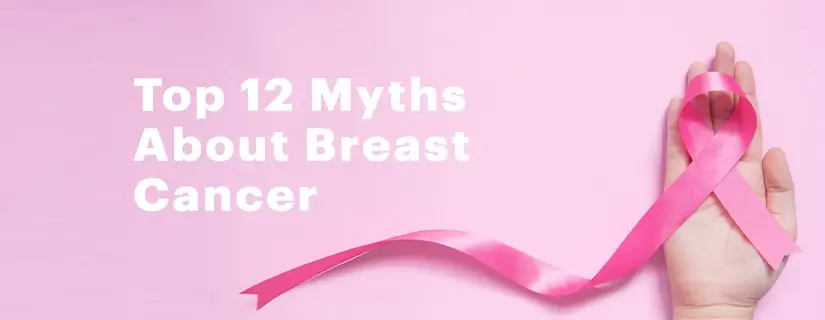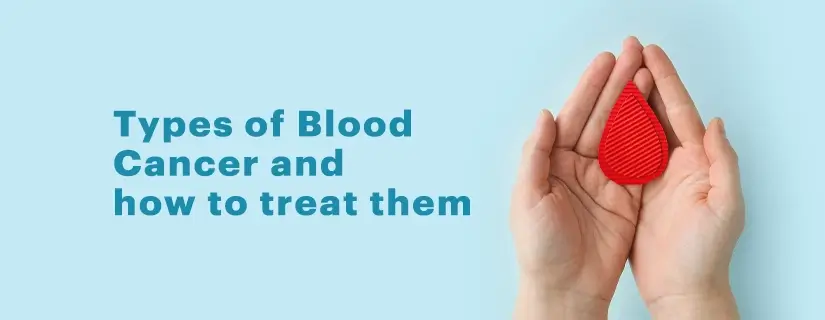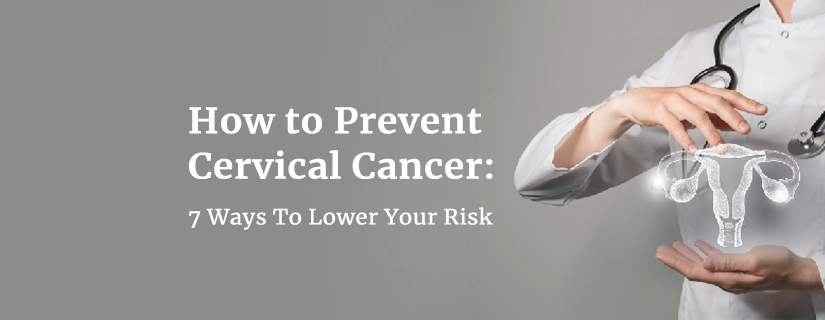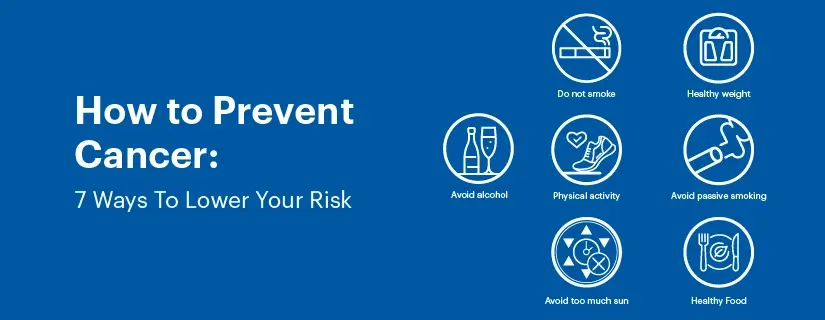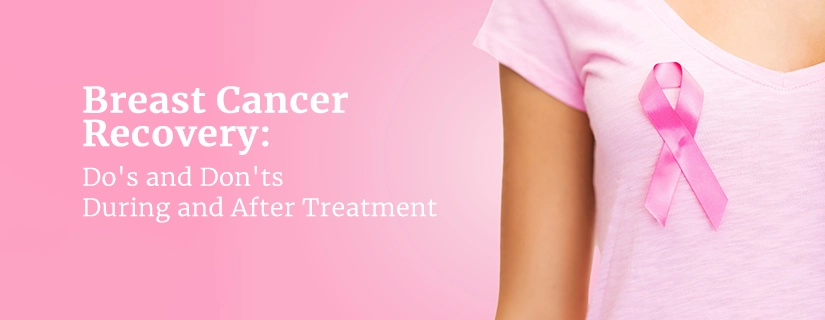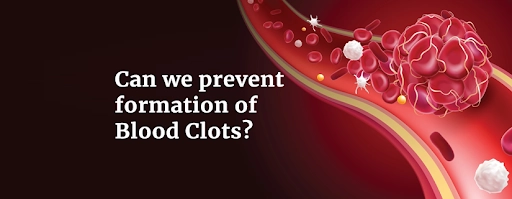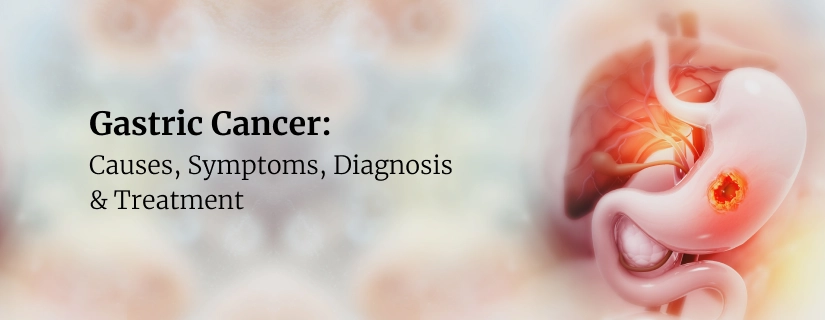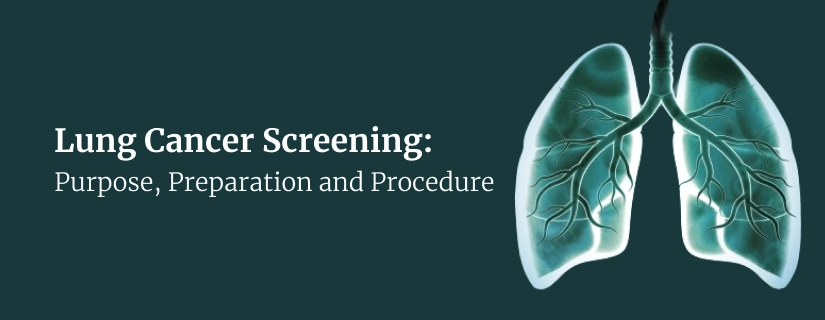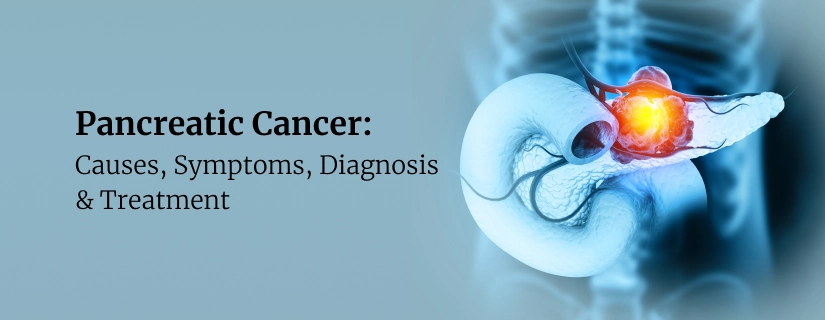-
Doctors
-
Specialities & Treatments
Centre of Excellence
Specialties
Treatments and Procedures
Hospitals & Directions HyderabadCARE Hospitals, Banjara Hills CARE Outpatient Centre, Banjara Hills CARE Hospitals, HITEC City CARE Hospitals, Nampally Gurunanak CARE Hospitals, Musheerabad CARE Hospitals Outpatient Centre, HITEC City CARE Hospitals, Malakpet
HyderabadCARE Hospitals, Banjara Hills CARE Outpatient Centre, Banjara Hills CARE Hospitals, HITEC City CARE Hospitals, Nampally Gurunanak CARE Hospitals, Musheerabad CARE Hospitals Outpatient Centre, HITEC City CARE Hospitals, Malakpet Raipur
Raipur
 Bhubaneswar
Bhubaneswar Visakhapatnam
Visakhapatnam
 Nagpur
Nagpur
 Indore
Indore
 Chh. Sambhajinagar
Chh. SambhajinagarClinics & Medical Centers
Book an AppointmentContact Us
Online Lab Reports
Book an Appointment
Consult Super-Specialist Doctors at CARE Hospitals
Breast Cancer VS Breast Cyst: How Are The Two Different
Updated on 27 November 2019

According to recent statistics, breast cancer accounts for about 14 percent of all cancers affecting women in India, making it the most common type of cancer that Indian women suffer from. Early detection greatly improves the chances of successful treatment and this highlights the importance of breast cancer awareness and knowing what is breast cancer. During self-examination, however, it is rather difficult to tell apart benign breast cysts from cancerous lumps of the breast. Let us take a look at the two conditions and understand the medical implications of both.
Breast Cyst vs Breast Cancer - What is the difference?
- Breast Cysts: A breast cyst is a small, usually harmless sac like structure filled with fluid. These are mostly rounded and do not have sharp edges. They may be soft or firm to the touch. You may have a single cyst or multiple breast cysts at the same time. Breast cysts are common among women undergoing perimenopause. If you are a postmenopausal woman undergoing hormone therapy, you are at a greater risk of developing a breast cyst. Breast cysts may manifest symptoms such as breast pain, tenderness and swelling of the breast. Sometimes, if these are infected symptoms could include fevers, chills, body aches, and abscesses.
- Breast Cancer: Breast cancer is cancer that develops in the breast tissue. It is malignant and if left untreated will turn fatal. Breast cancer could also spread to other parts of the body. While breast cancer may also manifest as a lump in the breast, it is often accompanied by other symptoms such as dimpling of the breast skin, nipple inversion, bloody discharge from the nipple, weight loss, swollen lymph nodes etc. Women who are obese, smokers, have a personal or family history of breast cancer, exposed to prolonged hormone therapy etc. are at a higher risk. Certain genetic, racial, and age factors also increase the risk of developing breast cancer.
Symptoms
Both breast cancer and breast cysts can present with a noticeable lump in the breast, but there are distinctions between the two conditions. In breast cancer, the lump is more likely to be extremely hard with irregular edges, while a breast cyst typically has smoother edges and may feel akin to a grape. However, it's essential to note that cysts can also occasionally be firm, so the texture alone doesn't definitively indicate cancer.
Here is a breakdown of similarities and differences in symptoms between breast cancer and breast cysts:
- Breast Cyst Symptoms:
- Increase in breast size, particularly before menstruation
- Nipple discharge of a non-milk substance
- Soft lump in the breast with smooth edges
- Breast pain in proximity to the cyst
- Breast soreness, especially premenstrually
- Symptoms that diminish or disappear after menstruation
- Breast Cancer Symptoms:
- Breast swelling
- Alterations in the nipple, such as inversion
- Skin dimpling on the breast
- Nipple discharge of a non-milk substance
- Hard lump in the breast or armpit with irregular edges
- Breast or nipple pain
- Changes in breast shape or size
- Skin alterations on the breast or nipple, including redness, dryness, or flaking
- Enlarged lymph nodes near the breast or under the arm
Causes
While some risk factors for breast cancer and breast cysts overlap, such as an increased risk in women, other causes and risk factors differ between the two conditions.
- Breast Cyst Causes:
- Breast cysts can develop when the breast glands become obstructed or undergo natural hormonal changes, particularly before menstruation. There's a suggested association with caffeine, but more research is needed to confirm this link. These cysts are also more prevalent in women nearing menopause, marked by the cessation of menstrual cycles for 12 consecutive months.
- Breast Cancer Causes:
- The precise causes of breast cancer remain not entirely elucidated. Similar to other cancers, breast cancer arises from the uncontrolled division and spread of damaged cells, evading the body's regulatory mechanisms. In about 10% of cases, genetic mutations inherited from parents contribute to this process. Women over 50, who began menstruating early, experienced late menopause, or possess dense breast tissue, face a higher risk of breast cancer. Additionally, certain lifestyle factors, such as excessive weight, alcohol consumption, and a lack of physical activity, can further elevate the risk.
Diagnosis
Although over 80% of breast lumps are non-cancerous, it is crucial to consult with your healthcare provider if you discover a breast lump, as a cancerous lump can pose a serious threat to life.
Both breast cancer and breast cysts require a combination of a physical examination and diagnostic testing for accurate diagnosis, as they cannot be conclusively identified through touch alone. To differentiate between the two conditions, various diagnostic tests may be employed:
- Aspiration or Biopsy: This involves extracting a small sample from the lump for laboratory testing.
- Magnetic Resonance Imaging (MRI): Using a strong magnetic field and radio waves, an MRI scans the breast area, creating detailed images of the structures on a computer.
- Mammogram: A detailed breast X-ray providing a more comprehensive view than traditional X-rays.
- Ultrasound: This method utilizes sound wave technology to generate images on a computer, aiding in the diagnostic process.
Treatment
Accurate diagnosis of a breast lump is crucial due to the significant variations in treatment options. Breast cysts are typically left untreated since they are generally benign and tend to resolve spontaneously. However, if cysts cause discomfort or pain, their fluid can be drained, and this process can be repeated if necessary. Monitoring for any potential changes is also recommended.
- Breast Cyst Treatment:
- Aspiration to drain cyst fluid
- Hormone medications
- Monitoring for changes
- Pain medications
- Surgical removal of the cyst in specific cases
- Breast Cancer Treatment:
- In contrast, breast cancer requires prompt intervention, as it can be life-threatening and tends to be treated quickly to prevent its spread and worsening. Treatment for breast cancer is contingent on factors such as the cancer stage, extent of spread, and its specific location within the breast. For instance, early-stage breast cancer may be treated with surgery alone or in combination with radiation therapy. Advanced-stage cancer often necessitates a comprehensive approach involving surgery, radiation, chemotherapy, and/or other systemic therapies.
- In general, treatment for breast cancer includes:
- Biological therapy
- Chemotherapy
- Hormone therapy
- Immunotherapy
- Radiation therapy
- Surgery
- Other systemic therapies
- Targeted medications
When to seek help
It is usually difficult to tell apart a breast cancer from a breast cyst through physical examination. Regular self-examination is, however, an important tool in diagnosing both conditions. If your doctor suspects breast cancer, he or she may order imaging tests such as a mammogram or a breast MRI to screen for cancer. If a cyst is found to be benign, the doctor may recommend draining the cyst or may administer internal medication. In rare cases, the doctor may also recommend surgery for the removal of the cyst. In the case of breast cancer, however, lumpectomy or mastectomy is often recommended. Following breast cancer surgery in Hyderabad or any major city in India, chemotherapy, hormonal therapy, and even radiation may be recommended. The presence of breast cysts does not increase the risk of developing breast cancer but their presence may make it difficult to detect any other cancerous growth of the breast at an early stage. In both cases, it is important to seek medical help as soon as a lump is detected in the breast. It is important to remember that mortality rates due to breast cancer are on the decline primarily due to increased awareness, better screening technologies, and treatment methods available these days.
CARE Hospitals is regarded as the best breast cancer hospital in India, having an expert team of oncologists and cancer specialists who work together in areas of expertise to provide the highest level of patient care.

ENQUIRY FORM
SELECT CATEGORIES
-
Neurosciences (16)
-
Neurology (38)
-
Neurosurgery (14)
-
Orthopaedics (48)
-
Oncology (33)
-
Obstetrics and gynecology (52)
-
Pulmonology (23)
-
Urology (20)
-
Nephrology (13)
-
Psychiatry (7)
-
Dietetics and Nutrition (111)
-
General Medicine (63)
-
Cardiac Sciences (32)
-
Vascular & Endovascular Surgery and Interventional Radiology (15)
-
Gastroenterology (46)
-
Endocrinology (23)
-
Plastic Surgery (10)
-
Critical Care Medicine (5)
-
COVID-19 (16)
-
Dermatology (16)
-
Emergency Care (1)
-
Ophthalmology (4)
-
Pediatrics (14)
-
Laparoscopic and Bariatric Surgery (8)
-
ENT (15)
-
Kidney Transplant (1)
-
Liver Transplantation and Hepatobiliary Surgery (5)
-
General Surgery (3)
-
Internal Medicine (5)
-
Medicine Information
Breast Cancer Symptoms One Must Never Ignore
Bladder Cancer Treatment: Here’s All You Need To Know
YOU MAY ALSO LIKE
RECENT BLOGS
-

Rotablation Angioplasty: Benefits, Treatments, And Recovery Time
6 February 2026
Read More
-

What Is The Difference Between IUI and IVF?
6 February 2026
Read More
-
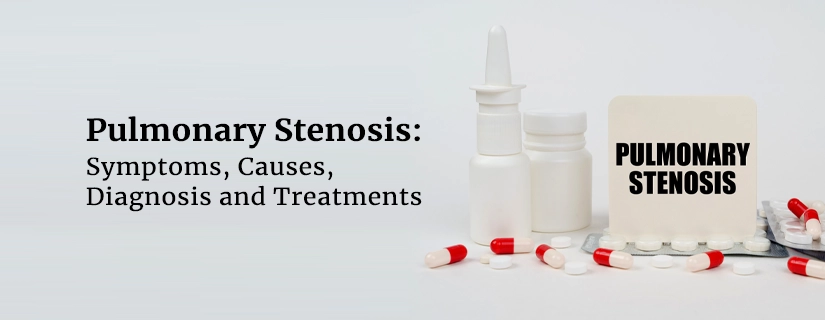
Pulmonary Stenosis: Symptoms, Causes, Diagnosis and Treatments
6 February 2026
Read More
-
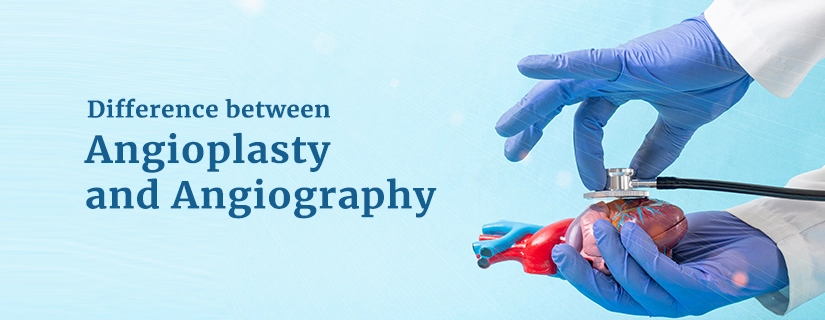
Difference between Angioplasty and Angiography
6 February 2026
Read More
-
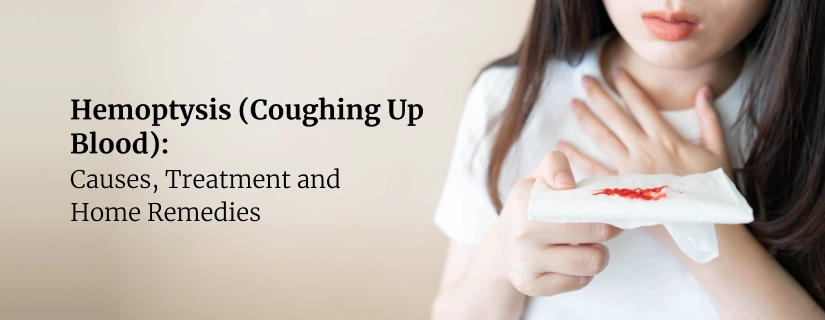
Hemoptysis (Coughing Up Blood): Causes, Treatment and Home Remedies
2 February 2026
Read More
-
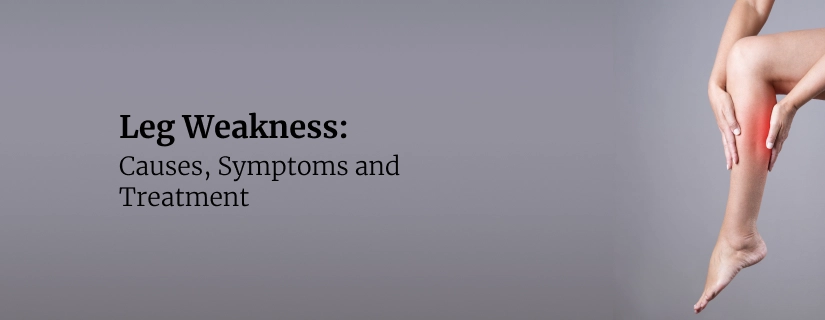
Leg Weakness: Causes, Symptoms and Treatment
9 January 2026
Read More
-

Back Pain After C-Section: Causes and Home Remedies
9 January 2026
Read More
-

Belly Button Pain (Periumbilical Pain): Causes, Treatment and When to See a Doctor
9 January 2026
Read More
Have a Question?
If you cannot find answers to your queries, please fill out the enquiry form or call the number below. We will contact you shortly.




